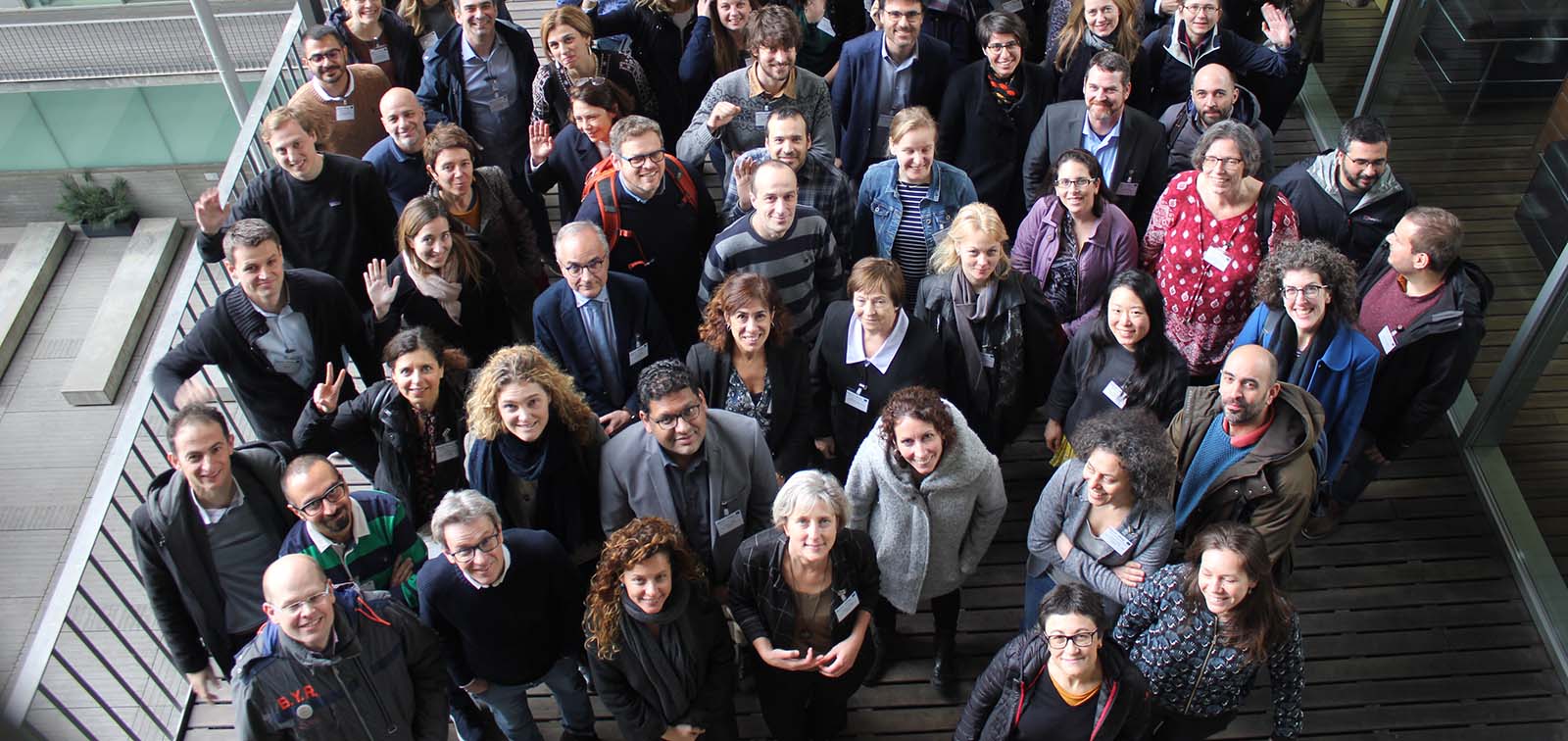ISGlobal Consolidates its Position as a Leader in Exposome Research
The Barcelona Institute for Global Health is participating in four of the nine projects of the European Human Exposome Network
27.01.2020
The European Commission, through its Horizon 2020 Framework Programme for Research and Innovation, has funded the creation of a European Human Exposome Network, comprised of nine large collaborative research projects. ISGlobal is coordinating one of the nine projects, ATHLETE, leading work packages in two other projects, and acting as a partner in another one. The creation of this network implies a significant endorsement of the European Union to this relatively young field of research. At the same time, the participation in nearly half of the awarded projects reinforces ISGlobal’s position as a leading actor in exposome.
The European Human Exposome network involves a total of 126 research groups from 24 countries and has a funding of 106 million euros from the European Commission. The common goal of the nine large-scale research projects that integrate the network is to understand the health impacts of a lifetime of environmental exposures.
The exposome concept implies a shift of perspective in the research of how the environmental hazards affect human health. Instead of looking at the consequences that each exposure could have in our organism, the exposome poses the study all the exposures to which an individual is subjected from conception to death. The exposome takes into accounts all those elements we are exposed to via our diet, lifestyle and the environment we live and work in, as well as internal biological factors such as metabolism, gut microflora, inflammation, and oxidative stress.
ISGlobal had previous expertise in the research of the exposome after the coordination of the HELIX project and the participation in EXPOsOMICS.
The ATHLETE project
The exposome research project coordinated by ISGlobal, ATHLETE, is getting up to speed this week with a kick-off meeting in Barcelona. ATHLETE, which full title is Advancing Tools for Human Early Lifecourse Exposome Research and Translation, is a consortium of 22 partners from 11 European countries and the United States.
The aim of the project is to study the effects of many environmental hazards in human health from preconception until adolescence. The final goal is to develop a toolbox that can be used to evaluate the effects of a large group of environmental exposures in individuals as well as in communities in order to design policies and interventions to prevent them and to reduce health impacts.. To achieve this goal, the project will establish a European exposome cohort, building on 15 existing birth cohorts from 10 European countries.
“We focus in the early stages of life because is when individuals are more vulnerable to external exposures and because what happens during this phases determines the health we will have as adults”, states Martine Vrijheid, research professor at ISGlobal and coordinator of ATHLETE. “Our kick-off meeting in Barcelona has helped us shape our work agenda for the next five years”, she adds.
EPHOR, EXPANSE, Equal-Life
The other three projects within the European Human Exposome Network in which ISGlobal is involved are EPHOR, EXPANSE and Equal-Life (each with a funding of 12 million €).
EPHOR (Exposome Project for Health and Occupational research) is a 5-year project aimed at developing a toolbox to evaluate the impacts in health of the exposome during the working-life. EPHOR is a consortium of 19 partners from 12 countries.
EXPANSE (Exposome Powered tools for healthy living in urban settings) will study the impact of the urban exposome on cardio-metabolic and pulmonary diseases and will evaluate possible interventions aimed at reducing this impact. EXPANSE will obtain data from 30 cohorts from 10 countries.
EQUAL-LIFE (Early environmental quality and life-course mental health effects) will apply an exposome approach to study the impacts in children’s mental health and development. The project will benefit from the work of 20 partners and will extract data from 11 cohorts.



